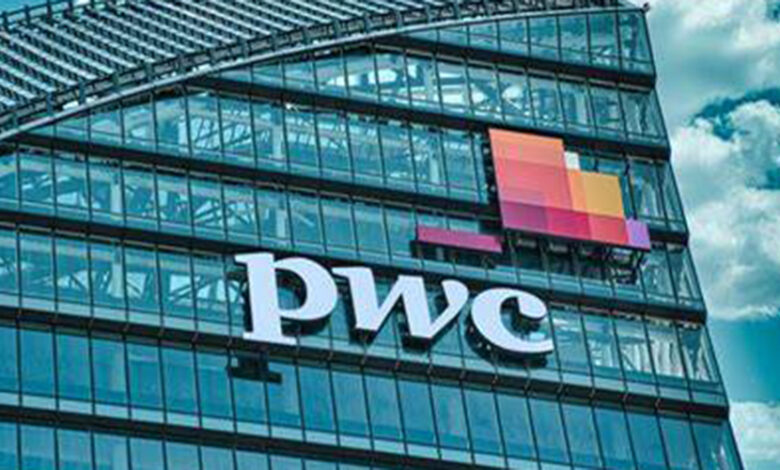Ghana’s efforts to maintain fiscal and monetary discipline in the first half of 2025 have earned praise from the international consultancy firm, PricewaterhouseCoopers (PwC), which has urged the government to sustain the momentum with timely reforms and strong policy execution.
In its assessment of the 2025 Mid-Year Budget Review, PwC commended both the Government of Ghana and the Bank of Ghana for the notable economic progress achieved within the period. The professional services firm pointed to key developments such as the primary budget surplus, debt reduction, and stabilisation of the local currency as significant markers of sound economic management.
“There’s a clear demonstration of coordination between fiscal and monetary authorities, which has resulted in improved macroeconomic stability,” PwC stated.
According to the firm, early signs of economic recovery are already being felt by businesses and households, especially with inflation on a downward trend. Some retail stores have reportedly started slashing prices, though informal traders are yet to fully reflect the shift in inflation in their pricing.
“In many parts of the country, there is visible relief in the formal retail space as lower inflation trickles in,” the report noted. “But informal market players remain cautious about adjusting prices downward.”
The report also highlighted a 31.3% growth in private sector lending as at June 2025, which it described as a positive signal of improved liquidity and credit availability for businesses. This trend, PwC said, reflects the easing of tight credit conditions and renewed investor confidence.
The consulting giant attributed these positive outcomes to a combination of fiscal restraint, effective coordination with monetary authorities, and consistent policy direction.
However, PwC was quick to caution that sustaining these gains would require a deeper focus on reform sequencing, stronger coordination among stakeholders, and clearer communication from policymakers.
“While progress so far is encouraging, we must underscore the importance of careful and timely execution of reforms,” the firm advised. “Efficient delivery of programmes, transparency, and independent oversight are also crucial at this point.”
PwC further warned that Ghana is not immune to global risks. It highlighted potential threats from international economic instability, geopolitical tensions, and volatile commodity markets that could affect growth projections.
“Discipline and vigilance are essential moving forward, especially with significant debt servicing commitments looming over the next few years,” the report said.
On domestic policy, PwC stressed the importance of clarity around tax policy, digital transformation, and industrial incentives to unlock greater private sector investment.
“The business community is watching closely. The foundation has been laid, but the next phase of growth will depend on policy clarity, consistency, and targeted support for key sectors,” it noted.
The firm also advised the government, particularly the Finance Minister, to continue adhering to the Public Financial Management Act, 2016 (Act 921), which sets out clear rules for fiscal discipline.
It encouraged prioritisation of resource allocation towards real sectors that can drive inclusive growth, such as agriculture, manufacturing, and infrastructure.
“Now is the time to focus government resources on sectors that offer long-term impact,” PwC concluded. “We recommend that foundational sectors be supported to attract investment, create jobs, and build economic resilience.”
PwC’s recommendations align with the government’s broader economic recovery strategy, which includes reforms under the IMF-supported programme, efforts to enhance domestic revenue mobilisation, and a commitment to debt sustainability.
The Ministry of Finance is expected to release further details of Ghana’s economic outlook and programme implementation timeline before the end of the third quarter.
